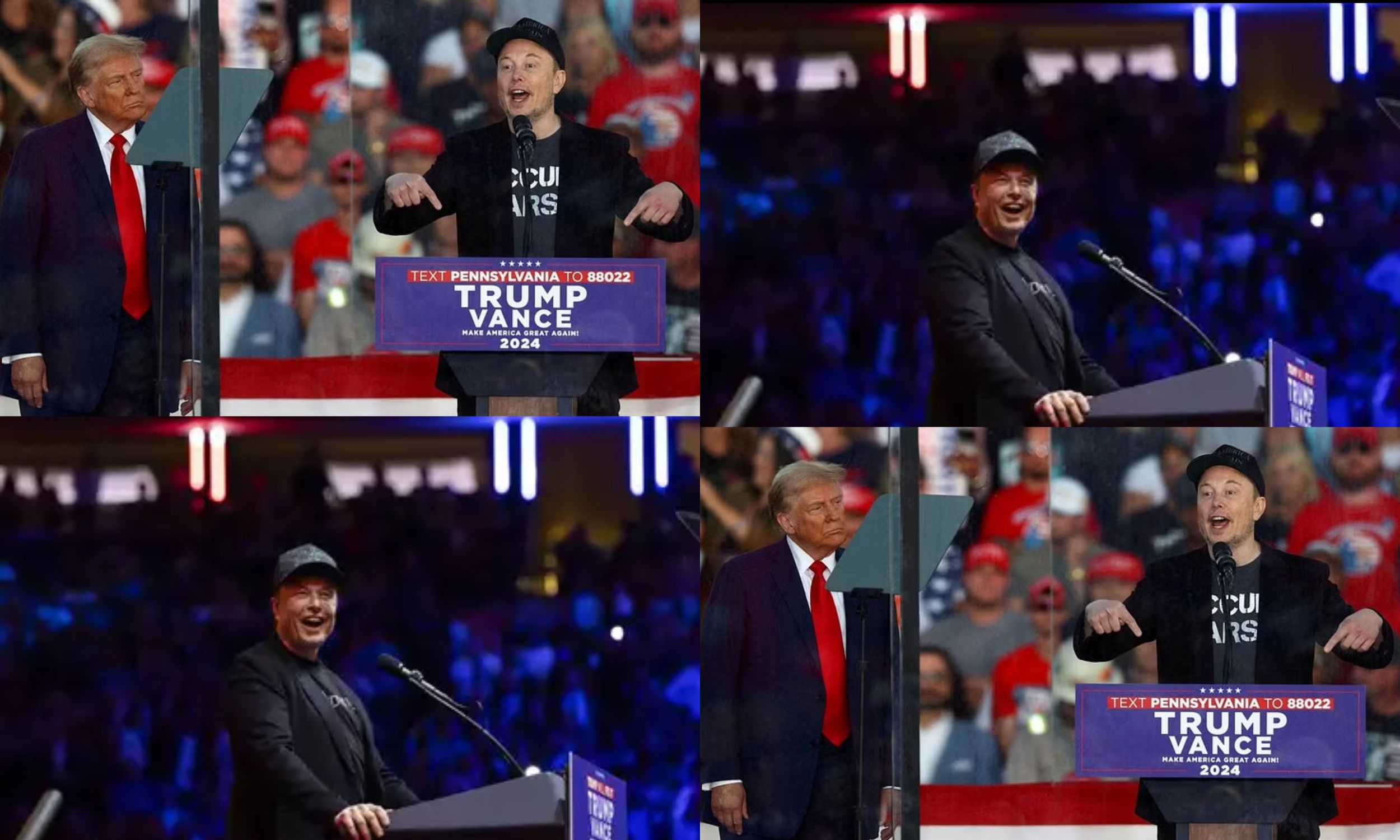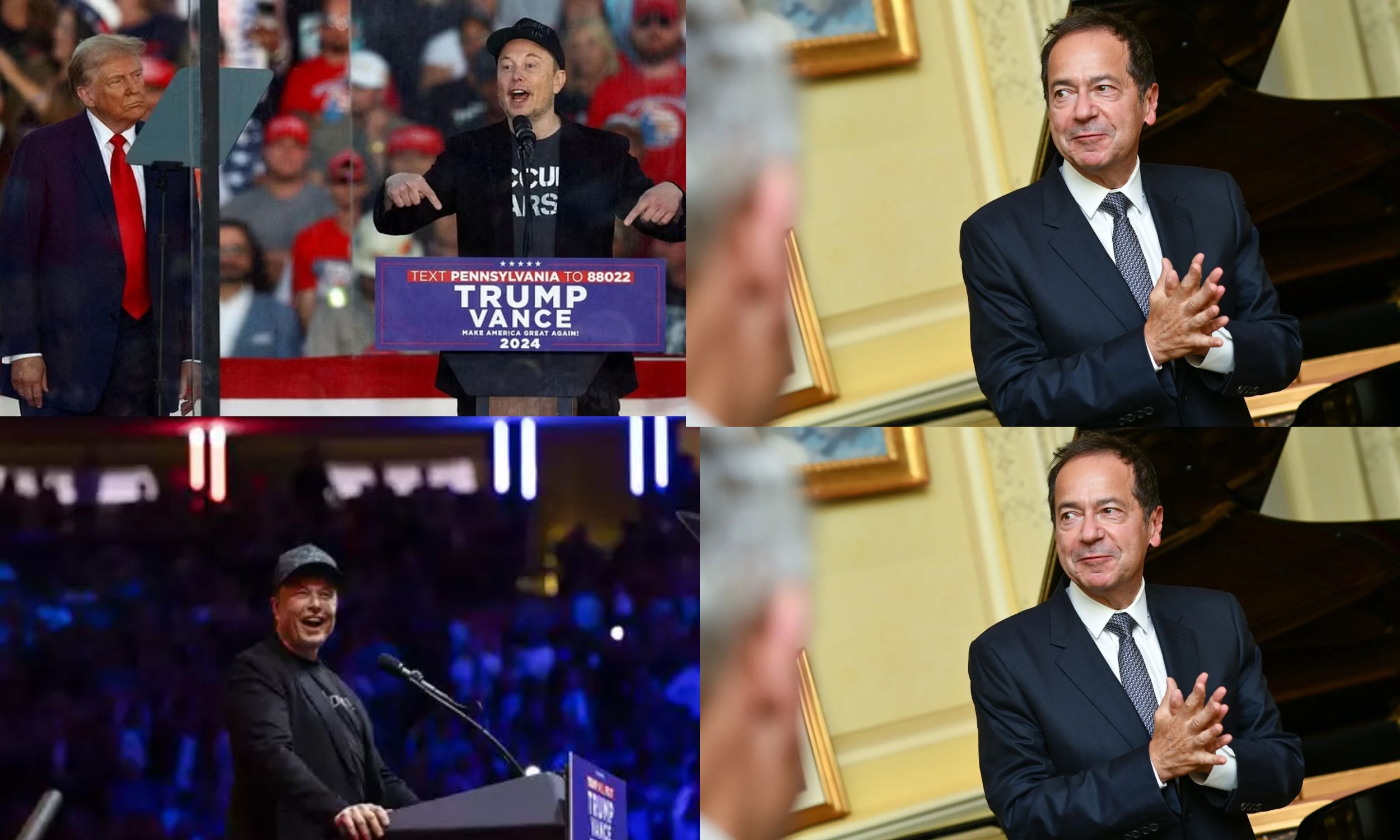The transition team of President-elect Trump has begun evaluating potential candidates for key roles in his second administration, set to begin in January.
As they move forward, the process is expected to prioritize loyalty to Trump’s vision and his agenda for the country, with a few trusted allies likely to be appointed to top positions within the Cabinet or other critical roles in the White House.
Transition co-chairs Linda McMahon and Howard Lutnick emphasized that the team is focused on implementing Trump’s “common sense agenda” from Day 1, aiming to select individuals who align with the president-elect’s objectives for the country.

Here are some key figures anticipated to take up positions under Trump’s leadership.
Elon Musk emerged as one of Trump’s staunchest supporters during this election cycle, and his influence is expected to extend into the new administration. Although Musk, CEO of Tesla and SpaceX and owner of X (formerly Twitter), is unlikely to hold a Cabinet position, he may have an informal yet important role.
He has expressed interest in serving on a commission focused on reducing government spending, and his input on issues like immigration, electric vehicles, and regulation is expected to be highly valued by Trump. Musk has also recommended several SpaceX employees for government roles.
Robert F. Kennedy Jr. has been a vocal supporter of Trump, with the president-elect expressing interest in appointing him to handle health, food, and women’s health issues. While it’s unclear whether this role will be a Cabinet position, Kennedy might be appointed as a czar overseeing these areas.
However, gaining Senate confirmation for a Cabinet role could be challenging for Kennedy. He has suggested a controversial overhaul of public health policies, such as eliminating fluoride from drinking water and reevaluating vaccine data, though he has stated he would not attempt to remove vaccines entirely.
Susie Wiles, a key strategist behind Trump’s recent campaign efforts, is considered a leading candidate for Chief of Staff. Although the position does not require Senate confirmation, it is traditionally viewed as one of the most powerful roles within the administration, second only to the presidency itself.
Wiles is known for her low-key but effective approach, having navigated the predominantly male Trump campaign without making adversaries. Stephen Miller, a senior adviser during Trump’s first term and the architect behind controversial immigration policies like family separation, is expected to return to a similar role.
Miller will likely play a central part in implementing Trump’s immigration agenda, which could include mass deportations and further restrictions on immigration, though his position does not require Senate confirmation.
Senator Marco Rubio (R-Fla.), who has served on key Senate committees, is reportedly under consideration for the role of Secretary of State. Despite some skepticism from Trump’s base, his confirmation would likely be smooth, given his extensive Senate experience and connections.
Doug Burgum, the governor of North Dakota, has been frequently mentioned as a potential candidate for Secretary of Energy. Trump has praised Burgum’s expertise in energy matters and even called him “Mr. Secretary” when informing him that he wouldn’t be selected as a running mate.
Senator Bill Hagerty (R-Tenn.), who served as Trump’s ambassador to Japan, could be appointed to lead the State Department, Treasury Department, or Commerce Department. Hagerty’s background in economic policy makes him a strong contender for these roles.
Robert O’Brien, who previously served as Trump’s national security adviser and hostage negotiator, is another key figure under consideration for a senior national security role, potentially including the State Department.
Mike Waltz, a military veteran and Florida representative, has shown willingness to serve in the Trump administration. He is viewed as a potential candidate for either Defense Secretary or Secretary of Veterans Affairs.
Richard Grenell, a Trump ally who has held various influential positions, including Ambassador to Germany and acting Director of National Intelligence, may be in line for a larger role, possibly leading the State Department.

John Paulson, a hedge fund manager and Trump campaign supporter, is reportedly under consideration for the Treasury Secretary role, a key position in the Cabinet.
Senator Eric Schmitt (R-Mo.), a former state attorney general, is a potential pick for Attorney General. Schmitt has earned Trump’s trust and could be tasked with overseeing the Justice Department, which has been involved in investigations related to Trump.
Other individuals are also being considered for key roles in the White House or throughout the administration. James Blair, who managed Trump’s political operations, and spokesperson Steven Cheung are potential candidates for communications roles. Margo Martin, who previously worked in Trump’s press office, could also return in a senior capacity.
Rep. Thomas Massie (R-Ky.) has expressed interest in an agricultural role, and former Democratic presidential candidate Tulsi Gabbard may also be considered for an administration job, reflecting her strong support for Trump. Rep. Elise Stefanik (R-N.Y.) might be considered for a United Nations ambassador role.
Brooke Rollins, formerly Trump’s head of domestic policy, now leads the influential America First Policy Institute and could be tapped for a senior White House role in the second term. While Donald Trump Jr. has been frequently discussed, sources have confirmed that he has no interest in taking a role within the administration.


